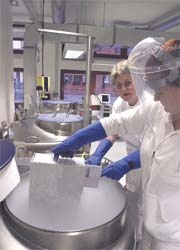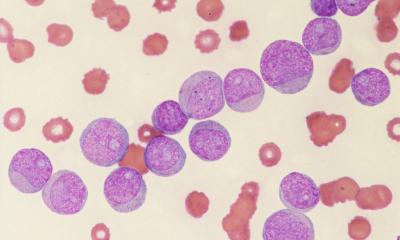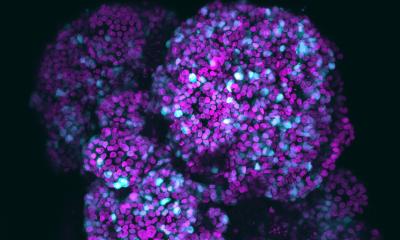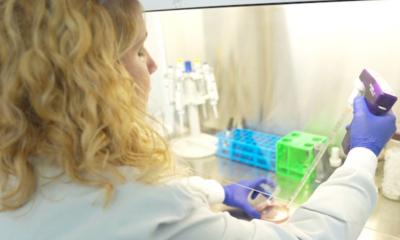Prenatal stem cell therapy
While today prenatal diagnostics provides a wide range of possibilities, prenatal therapy is still rather limited.

Stem cell therapy is very promising, but sAutologous stem ince the recipient body often fails to accept the cells, the search for a suitable donor is a complicated and time-consuming procedure. cells are the cells of choice since according to Swiss researchers they provide unprecedented possibilities especially for prenatal therapy. Many disorders of the blood forming system and autoimmune diseases can be treated early on, using such stem cells, to avoid permanent damage. In Italy, prenatal stem cell therapies with children with immune system disorders have been extremely successful.
Researchers are optimistic that many genetic disorders can be treated with stem cells from the baby’s umbilical cord. These stem cells are re-injected into the baby via the umbilical cord. The cells move to the bone marrow where they reproduce.
But post-natal stem cell therapy can also save lives.
Since 1997, Vita 34, a biotech company in Leipzig, Germany, has provided a cord blood bank for storage. This is the first company in the country to receive public authorisation to produce umbilical cord blood products. It also develops new therapy concepts .
Details: www.vita34.de
01.05.2006










